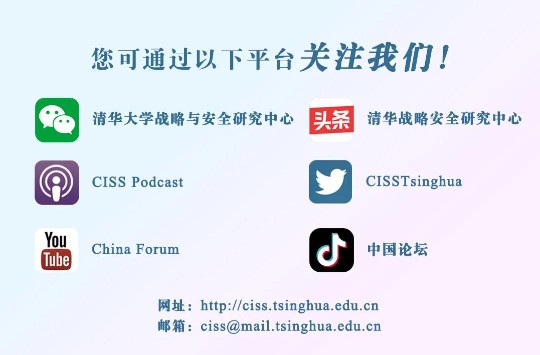编者按
近来,美国等西方国家的一些政客和媒体对中国的指责和抹黑甚嚣尘上,但也有一些人士和媒体文章对此提出质疑和不同观点甚至批评。中国论坛将相关反驳观点摘录、综合并陆续刊出,供读者参考。
关于“追责中国论”的反驳观点
一、国际上没有哪条法律支持向首先报告疫情的国家追责。比如,在美国法院起诉中国的主要障碍是主权豁免这一法律原则,指一个国家政府或其机构不能在另一个国家的法院被提起诉讼,这是国际法和美国法的基本原则。
The main obstacle is a legal principle called sovereign immunity which basically says a national government or its agencies and instrumentalities cannot be sued in the courts of another nation. It’s a pretty fundamental principle of international law and U.S. law based on the idea that equal sovereigns shouldn’t use their courts to sit in judgment of each other.
In 1976, Congress passed a statute called the Foreign Sovereign Immunities Act, which says you can only sue a foreign government in American courts under exceptional circumstances. These include rare situations where the claim is based on commercial activity carried out by a foreign government that has a direct effect in the United States, or where there’s a noncommercial tort that takes place in the U.S.The commercial activity exception is a narrow one. It’s designed to cover situations such as state-owned enterprise that engages in market activity the way a private actor would in which case it can be held responsible for things like breach of contract.As for the noncommercial tort exception, that’s really limited to the situation where both the conduct and the injury take place in the territory of the United States.(May18, 2020, Robert D. Williams and David Dollar, Brookings, Don’t count on suing China for coronavirus compensation)
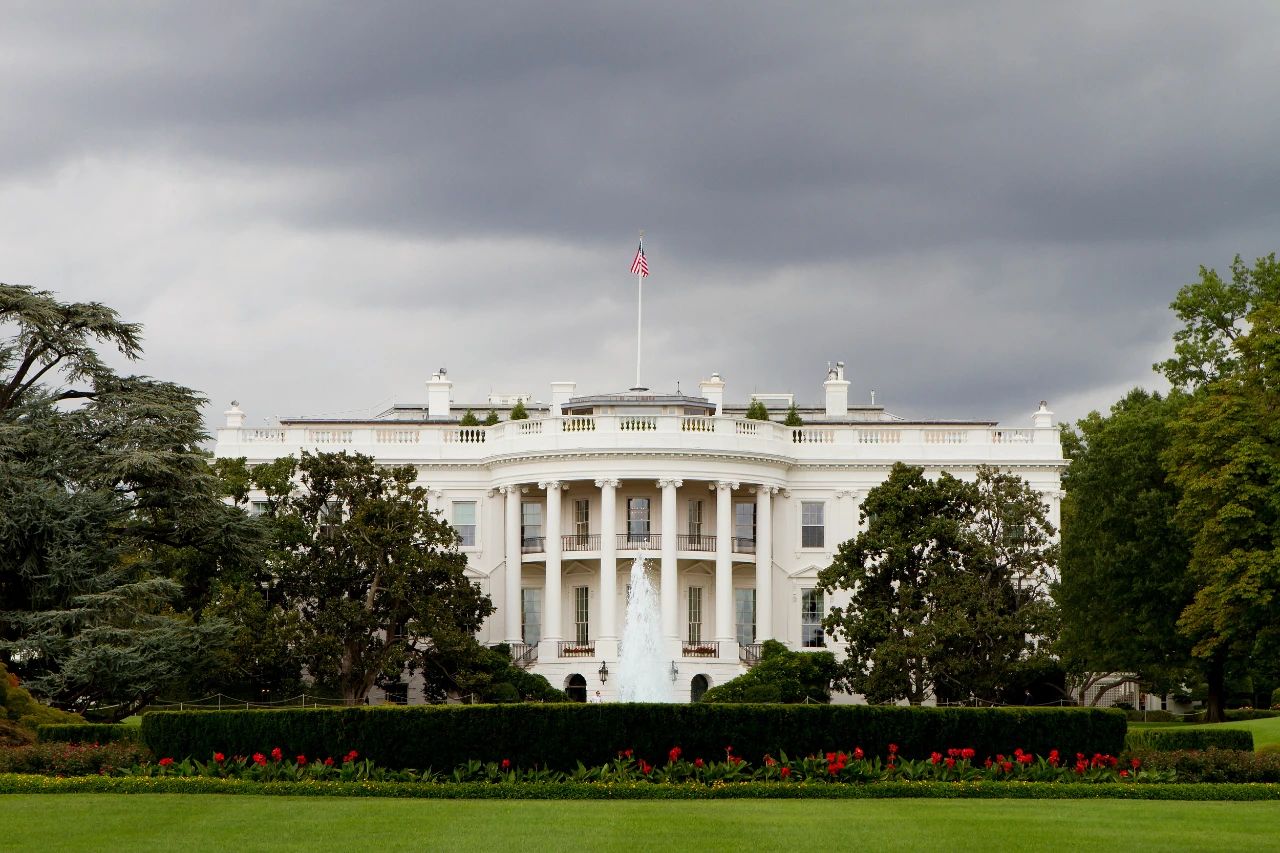
二、美国如果为“惩罚”中国而拒绝支付中国所持有的美债利息,或迫使中国减免美债,不只牵扯国际法等问题,更重要的是这样做将损害投资者对美元和美国政府的信心。
I guess what I’d say here is that there is a colorable legal argument for canceling or modifying U.S. debt held by China under a particular interpretation of customary international law. So the argument is basically that when a country violates its legal obligations and causes harm to another country, you can engage in a kind of self-help that would otherwise be unlawful. The technical term for this is countermeasures. They have to be proportionate in responding to the internationally wrongful act of another state and the idea behind it is that you’re trying to induce the offending country to comply with its obligations. So there is a theory on which canceling U.S. Treasury bills would be lawful under international law as a response to China’s failure to comply with its own treaty obligations, namely to provide timely and accurate information to the World Health Organization. I think there are some problems with this legal theory. I think there are limits to what law can accomplish here, but the more obvious issue, as you just pointed out and you know much better than I do, is that this is just not at all in the long-term interest of the United States given the role of the dollar as a reserve currency and the sanctity of the principle of full faith and credit of the U.S. government. We need the confidence of investors, arguably now more than ever when we’re borrowing like crazy to finance deficit spending in an effort to mitigate the economic impact of the pandemic.(May 18, 2020, Robert D. Williams and David Dollar, Brookings, Don’t count on suing China for coronavirus compensation)
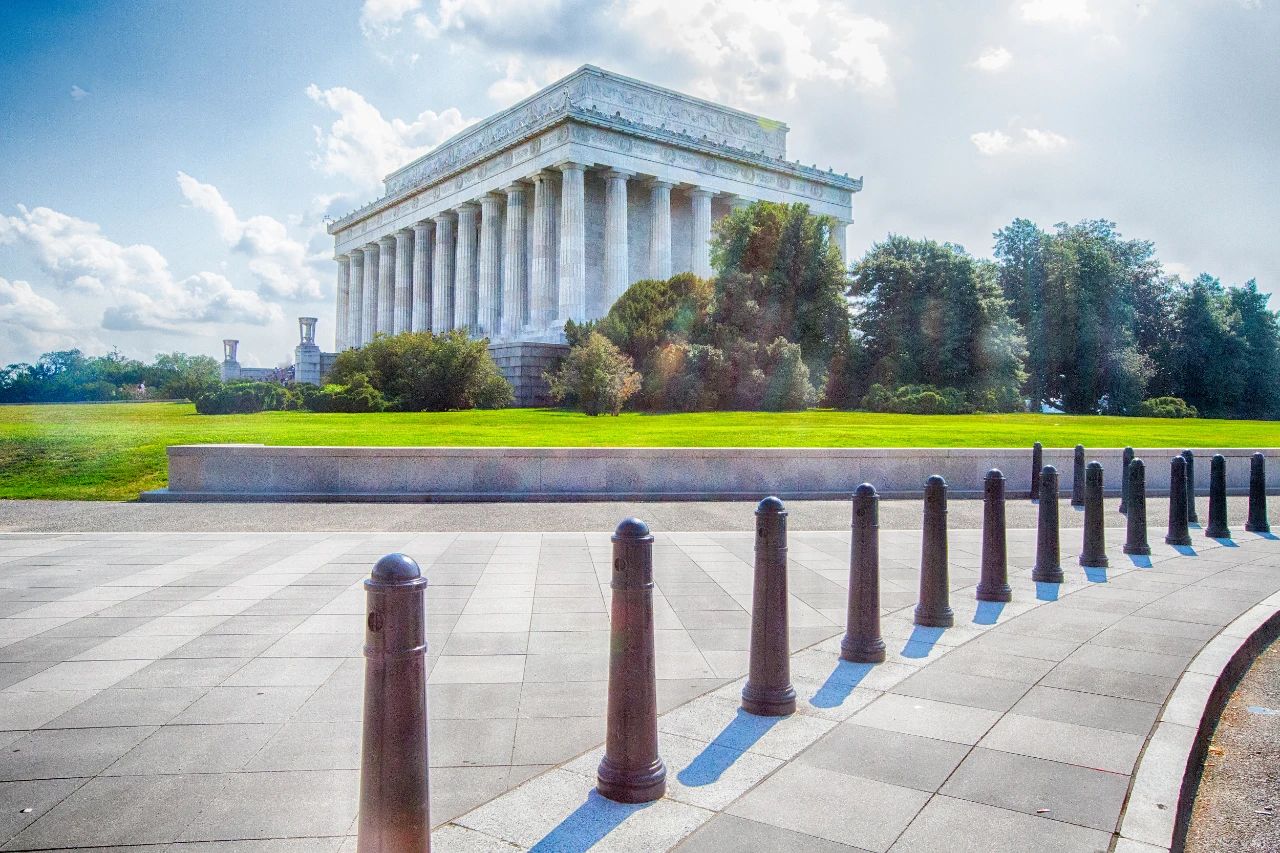
三、如果因为新冠疫情追责中国,那么美国是1918年西班牙流感(编者按:仍有争议)的源头,也可以说是2009年的H1N1大流行的爆发地,是否也要因此追责美国?
“There is really not much the US can do. We could blame China for causing the outbreak, but the US was the origin of the 1918 Spanish flu [Editor’s note: this is still disputed] and arguably the 2009 H1N1 pandemic. We could say that China should be held accountable for the pandemic, especially given its initial mishandling of the outbreak. But our own handling of the outbreak was characterized by inaction and ineffectiveness, not to mention that in international politics, we cannot really hold a sovereign state “accountable” for a disease outbreak.”,stated byYanzhong Huang, senior fellow for global health of Council on Foreign Relations(April 16, 2020, Alex Ward, Vox, 12 experts on how the US should hold China accountable for the coronavirus)
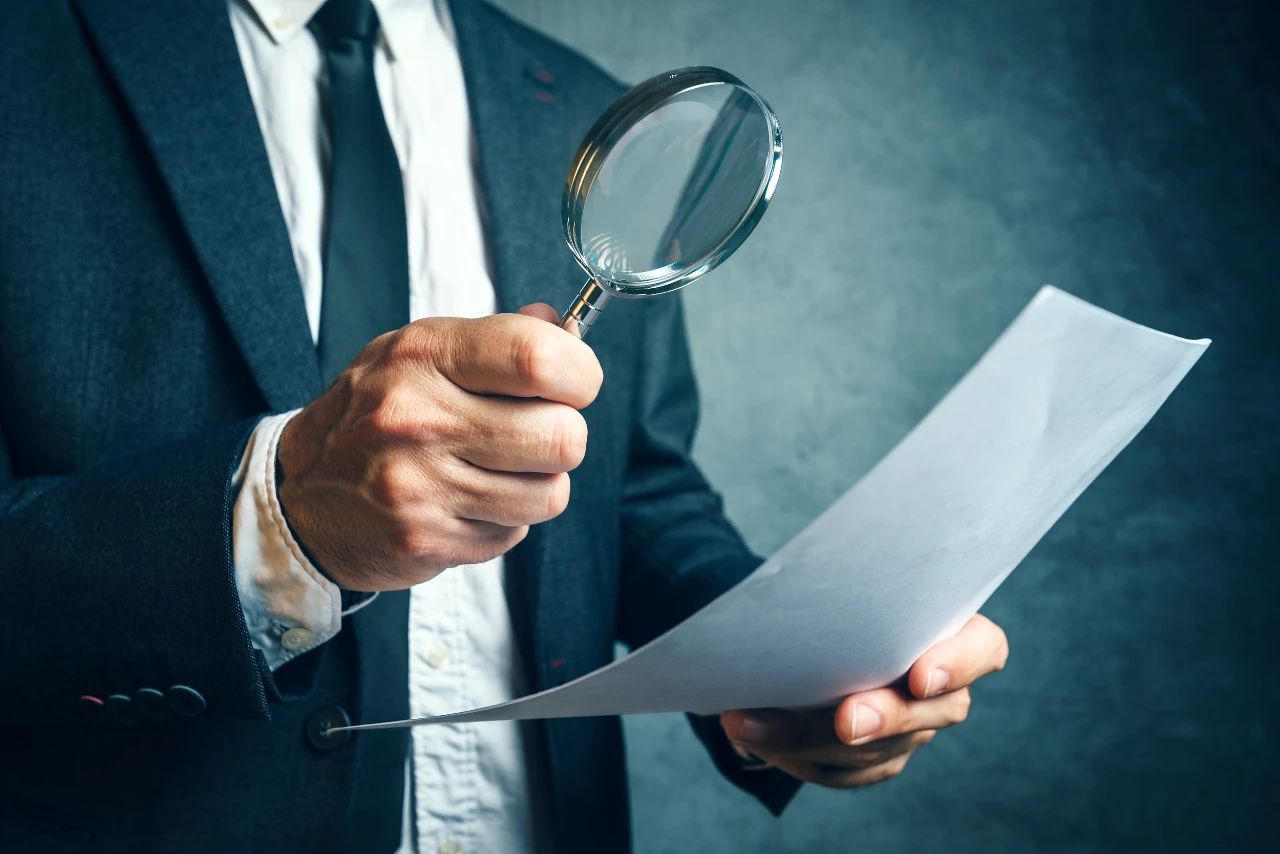
四、要中国赔偿无非是想把自身抗疫不力的责任转嫁到中国身上。
1. 美国得到的关于新冠病毒的信息和韩国一样,韩国有260人死于新冠病毒,而美国已经超过80000人。死亡人数相对于人口比例,美国是韩国的50倍
Some of the commentators following all this have pointed out that the administration is trying to distract attention from its own performance, which has not been particularly distinguished. I noticed that we had the same informationas South Korea; South Korea has had 260 deaths from the coronavirus and we’re up above 80,000. So basically, relative to the population, we have about 50 times more deaths than South Korea.(May 18, 2020, Robert D. Williams and David Dollar, Brookings, Don’t count on suing China for coronavirus compensation)
2. 面对新冠疫情的蔓延,特朗普总统屡次不屑一顾。可新冠肺炎在美国造成的死亡人数已经两倍于越战死亡人数。
The coronavirus is not under control, and fears of a second wave persist. As the spread slows in some areas hit hardest early on, it grows in other places……President Trump once, twice, many times, dismissed the dangers. Now the pandemic has killed nearly twice as many people as were killed in the Vietnam War, and the death toll continues to rise.(June 1, 2020, Dan Balz, The Washington Post, America is at a low ebb, Shaken by multiple blows, and Trump adds to the distress)
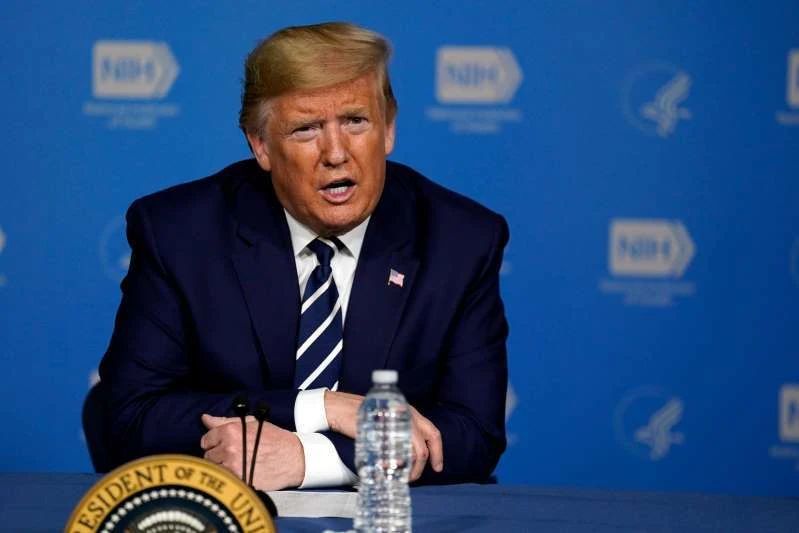
3. 特朗普试图转移人们对他应对疫情不力的注意力和指责,有可能加深本已严重的全球危机。
There are strong arguments that a federal workers’ pension fund should not invest in Chinese businesses… It is a mistake, however, to link this issue with the intensifying blame game over coronavirus that Mr Trump is engaged in with Beijing — including his suggestion that the US might demand financial compensation from China for the pandemic.
Yet other countries and leaders, not least Mr Trump himself, have made serious errors that worsened the pandemic. Claims that China should carry the costs of a chance outbreak are nonsensical. They push Beijing instead to clam up over the virus, and step up its own aggressive counter-diplomacy.
Entwining such claims with restrictions on investing in Chinese equities risks spooking markets or causing January’s “phase one” trade deal with Beijing to unravel. Taking such action against the second-biggest foreign holder of US Treasuries when Washington is preparing to issue trillions of dollars of extra debt this year seems reckless at best. It invites potential retaliation from Beijing officials worried that the prohibition will be expanded beyond federal pension funds into the wider investment community.
Yet the pandemic might have offered an opportunity for co-operation. Instead, the Trump White House, seeking to divert attention and blame from its own mishandling of the pandemic, risks deepening an already serious global crisis.
(May 14, 2020, Financial Times, The Dangers of a US-China Financial War)
4. 5月16日,奥巴马罕见地公开谴责了特朗普政府,他表示在冠状病毒危机期间,华盛顿的许多领导人对疫情的相关处理“连假装负责都做不到”。
Barack Obama offered a rare public rebuke of Donald Trump’s administration on Saturday, telling graduating college seniors that a lot of leaders in Washington “aren’t even pretending to be in charge” during the coronavirus crisis.Speaking in a virtual commencement address to new graduates of America’s historically black colleges and universities, the former US president said the Covid-19 pandemic had “fully, finally torn back the curtain on the idea that so many of the folks in charge know what they are doing”.(May 18, 2020, Lauren Fedor, Financial Times, Obama says US lacks leadership on pandemic)
5. 民主党全国委员会(DNC)表示,特朗普对新冠疫情的处理“反应迟钝、力度不足”,以及他为帮助富人而不是那些最需要帮助的小企业采取的不道德的经济复苏政策,已将美国小企业“推到了悬崖边上”。
The Democratic party is planning to make the Trump administration’s small business relief effort a focus of its 2020 election campaign, making the case that the US president has favored the “wealthy and well-connected” with the Paycheck Protection Program. In a memo seen by the Financial Times, the The Democratic National Committee (DNC) said it planned to argue that US small businesses had been “pushed over the brink” by Donald Trump’s “delayed and insufficient response to the virus, and his corrupt recovery effort that favors the wealthy and well-connected over small businesses that need the most help”. Trump’s failed implementation of the Paycheck Protection Program has left millions of small businesses still waiting for a desperately needed lifeline,” the DNC added. “Most small businesses can’t get loans at all.” (May 19, 2020, Lauren Fedor and Courtney Weaver, Financial Times, Democrats to Accuse Donald Trump of ‘Corrupt Recovery Effort’)
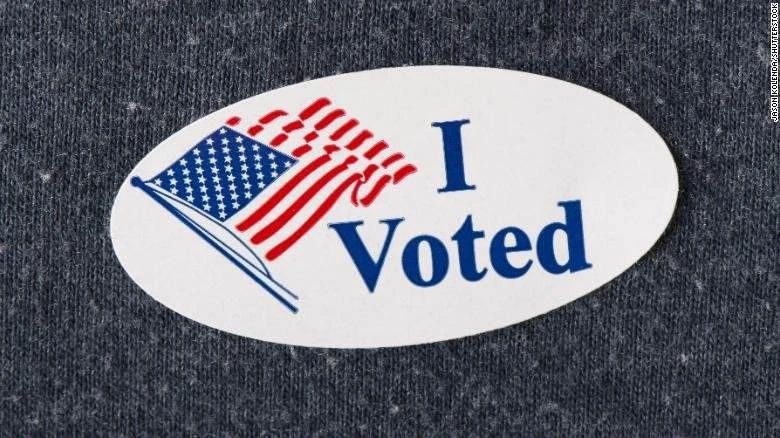
五、通过疫情试图“追责”中国,也是出于政治上和大选策略等考虑。
1. 特朗普提出的所谓“追责中国论”是掩盖他自己领导抗疫不利的借口,也是大选前的选举策略。
“He’s never at fault for anything. It’s Fauci’s fault. It’s China’s fault. It’s Obama’s fault. It’s always someone else, somewhere else,” said David Lapan, a former Department of Homeland Security official in the Trump administration. “He doesn’t want to hear the bad news, he doesn’t take responsibility for the bad news and wants to gloss over it and change the subject. That does a disservice to the American public, who need the facts and the straight truth about what’s going on.”…… Trump’s blaming of China paired neatly with his campaign strategy to go after Biden over the former vice president’s outreach to China as part of the Obama administration’s “pivot to Asia.”(June 1, 2020, Robert Costa, Philip Rucker, Yasmeen Abutaleb and Josh Dawsey, The Washington Post, Trump’s May days: A month of distractions and grievances as nation marks bleak coronavirus milestone)
2. 除美国以外一些西方国家对中国提出追责论,也主要出于政治上的考虑。
Canberra’s warmth towards Trump and Beijing’s growing global influence put relations under strain.
Some critics fear Canberra has abandoned its public stance of not choosing between the US, its strategic ally, and China, its biggest trade partner.
“We have been too close to the Americans. I think that’s the main reason for the decline, although not the only one.. . I don’t like the way [prime minister Scott] Morrison fawns on Trump,” said Colin Mackerras, emeritus professor at Griffith University.(May 26, 2020, Jamie Smyth, Financial Times, Australia Given Short Shrift by China over US Ties and Virus Stance)
